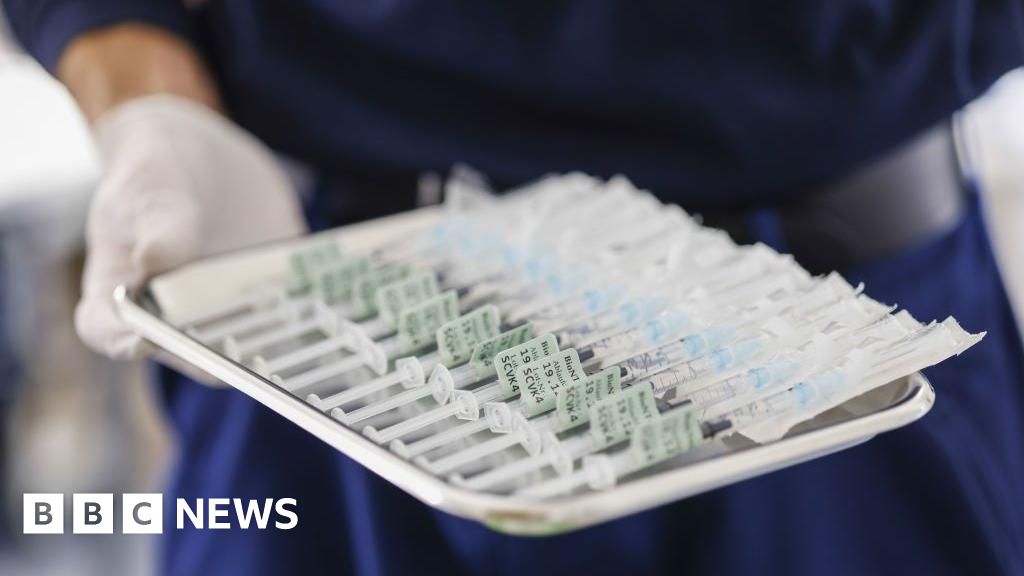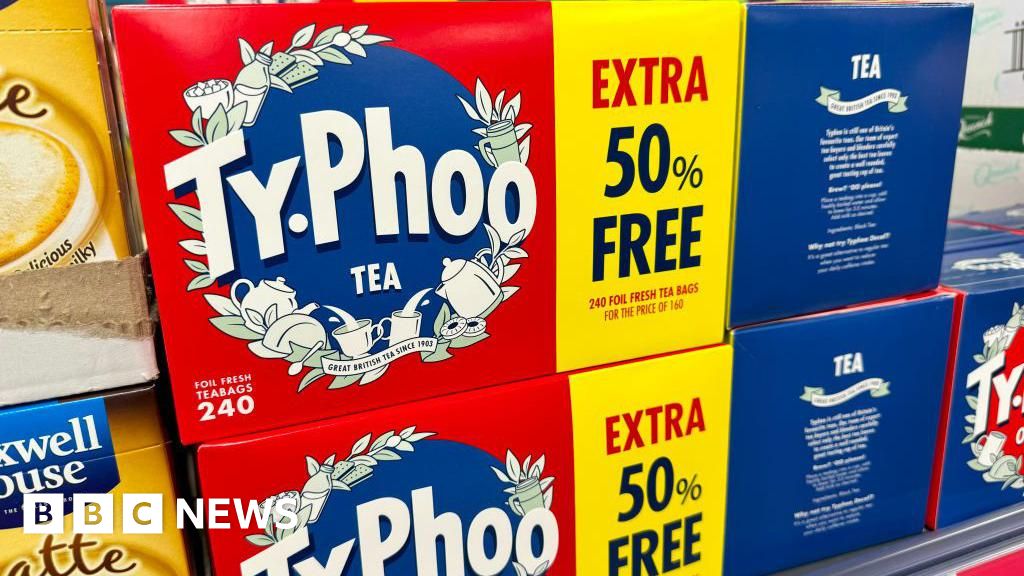ARTICLE AD BOX
By Kai Wang and Wanyuan Song
BBC Reality Check
Image source, Getty Images
Image caption,Work on the Chinese section of a gas pipeline from Russia in 2017
Russia is under sanctions by its major trading partners such as the EU and the UK after the invasion of Ukraine.
But could China help out Russia economically?
Will sanctions on Russia affect trade?
China says it will "continue to have normal trade co-operation" with Russia.
But some Russian banks have now been banned from the Swift international payment system. This is used around the world for financial transactions, and is likely to make paying for its exports more difficult.
As a result, China has recently had to cut back some of its purchases from Russia because traders have struggled to arrange financing.
In recent years, both countries have been making efforts to develop their own alternative payment systems to reduce their reliance on dollar-based systems like Swift.
Russia has its System for Transfer of Financial Messages (STFM) while China has the Cross-Border Interbank Payment System (CIPS), and these operate in their own currencies.
One study published by the Carnegie Moscow Center argues that these homegrown payment systems are "not an alternative to Swift".
Image source, Getty Images
As of 2021, only one Chinese bank had joined STFM, although more Russian banks and global financial institutions have connected to the Chinese system.
Currently only about 17% of trade between Russia and China uses the Chinese yuan (up from 3.1% in 2014), according to media reports citing official Russian statistics.
And their energy trade is mostly still done in US dollars, although they are increasingly using the yuan.
How much trade does Russia do with China?
Trade between the two has been growing steadily in recent years.
It hit a new high of almost $147bn (£110bn) last year - up nearly 36% from the previous year - and accounted for about 18% of Russia's overall trade in 2021.
During President Putin's visit to Beijing last month, the two countries said they would boost their trade to $250bn by 2024.
China is currently the single biggest market for Russian exports, such as oil, gas, coal and agricultural products. And it's clear that Russia has started to export much more to China in recent years than it used to.
However, the EU as a bloc is by far the biggest trading partner with Russia. In 2021, total trade between the two was worth almost twice as much as China's trade with Russia.
That could now change, according to trade economist Dr Rebecca Harding.
"It is inevitable that EU-Russia trade diminishes in the light of sanctions. The current crisis has just sharpened a focus within the EU on the need to diversify supply," she said.
Russia's trade with US is much smaller.
Could China buy more Russian gas?
Russia's economy relies heavily on exporting oil and gas, and the latest sanctions haven't so far targeted those sectors.
Last year, Russia was China's second-biggest oil supplier and third-biggest gas supplier, with exports reaching $41.1bn and $4.3bn respectively, according to media reports.
Mr Putin recently unveiled new Russian oil and gas deals with China worth an estimated $117.5bn.
Image source, Getty Images
Image caption,China's terminal in Tianjin receives liquified natural gas from Russia
However, Russia's biggest energy market by far is still the EU, and it supplies 40% of the bloc's gas and about 26% of its oil.
And with oil, the latest International Energy Agency (IEA) data show that last year, China accounted for just 20% of Russia's exports, with the majority of its oil going to Europe.
"Russian exports of oil and gas [to China] have been increasing at a rate of over 9% annually for the last five years. This is rapid growth but even so, China is half as big as the EU market for Russian oil," says Dr Harding.
Germany, Russia's main export destination for natural gas, recently announced that it would suspend the new Nord Stream 2 gas pipeline in reaction to Russia's invasion of Ukraine.
Supplies via a new pipeline agreed between Russia and China (the Power of Siberia 2) would have only a fifth of the capacity of the Nord Stream 2 pipeline, according to one analysis. Also, it's not clear when the new gas pipeline from Siberia will come on stream.
However, over the longer term, China may want to boost imports of Russian gas further to try to reduce its heavy dependence on coal in order to meet targets for cutting greenhouse gases.
Russia attacks Ukraine: More coverage
Russia is the world's largest wheat exporter, although China used to restrict some imports from certain areas of Russia because of disease concerns.
But China's customs authorities announced the lifting of all restrictions on Russian wheat and barley on the day the assault on Ukraine started.
China is Russia's largest coal buyer, and the two countries agreed on a new deal worth more than $20bn - just a week earlier.

 2 years ago
62
2 years ago
62








 English (US)
English (US)